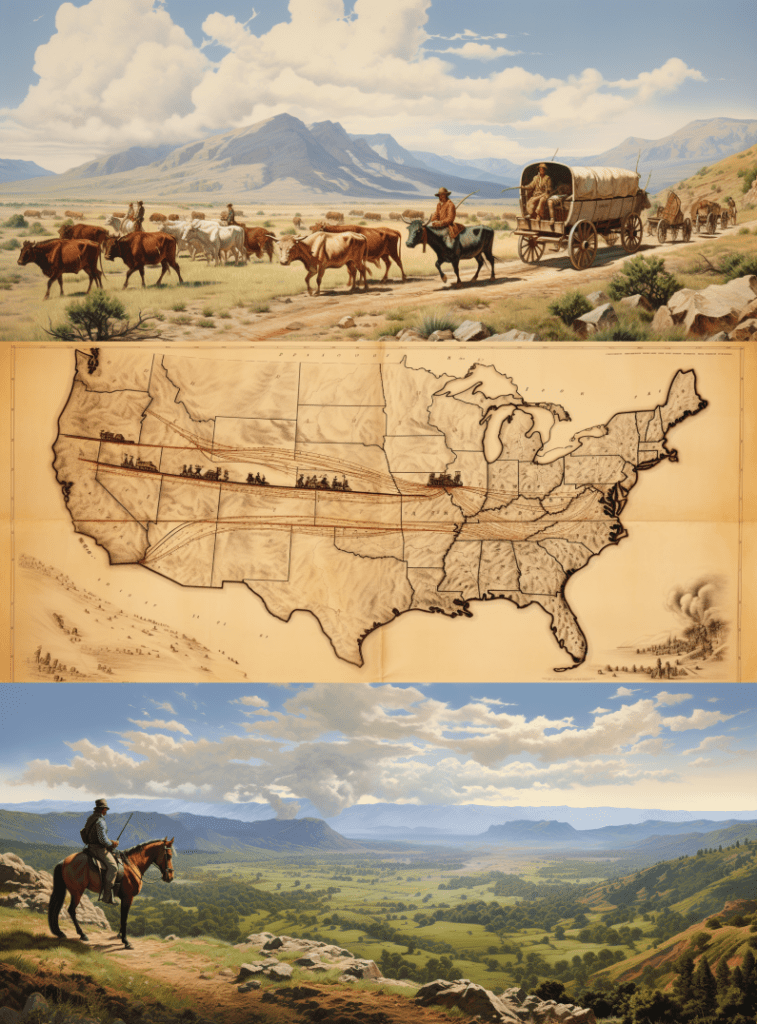On This Day, November 4, 1869, a significant event in the history of American westward expansion took place as the first wagon train successfully completed its journey over the Sierra Nevada to California. This arduous trek covered an incredible 1,730 miles and lasted five and a half months, symbolizing the indomitable spirit of the pioneers who shaped the early history of the United States.
The journey of the wagon train, a common mode of transportation for settlers moving west, was fraught with challenges. Travelers faced harsh terrain, unpredictable weather, and the constant threat of scarcity of food and water. The route over the Sierra Nevada was particularly treacherous, with steep grades, rough terrain, and the risk of snowstorms.
Despite these formidable obstacles, the determination and resilience of the pioneers prevailed. The wagon trains were typically composed of families seeking new opportunities in the West, drawn by the promise of fertile land, gold, and a new start. The journey required not only physical endurance but also a strong sense of community and cooperation among the travelers.
The successful arrival of this wagon train in California marked a milestone in the westward migration that characterized much of the 19th century in America. This movement played a crucial role in the expansion and development of the United States, contributing to the nation’s demographic, economic, and cultural growth.
The story of these early pioneers and their journey over the Sierra Nevada remains a testament to the human capacity for endurance and the pursuit of new horizons, embodying the adventurous spirit and resilience that are integral to the American identity.
